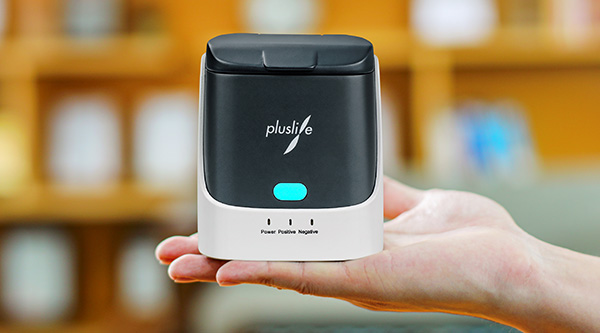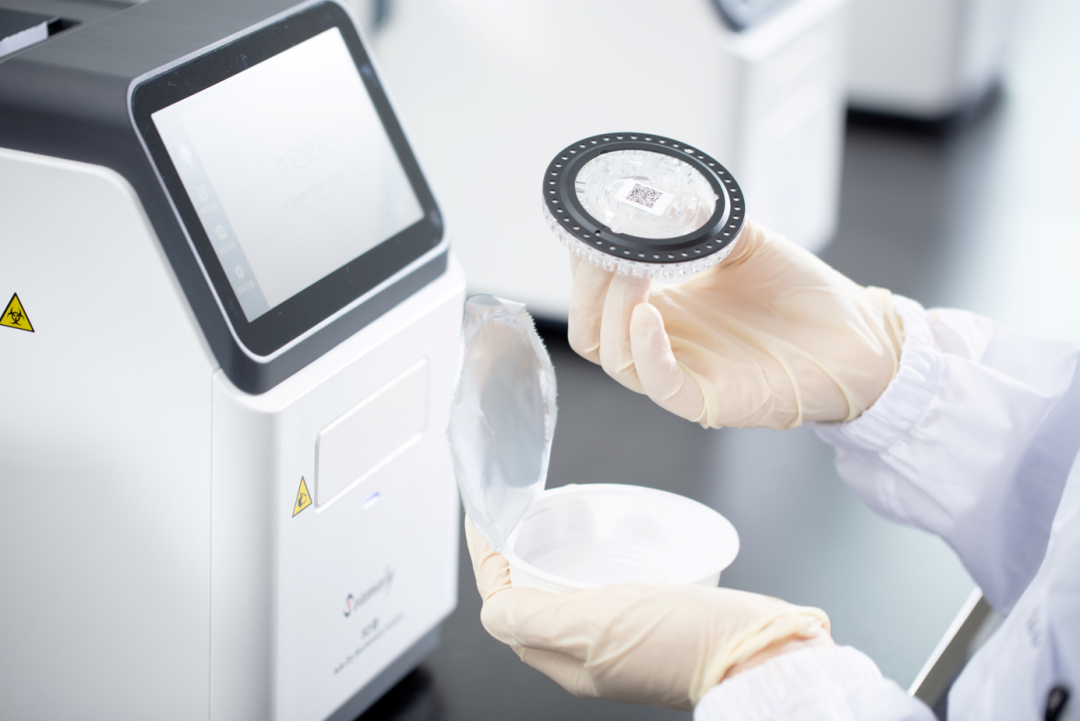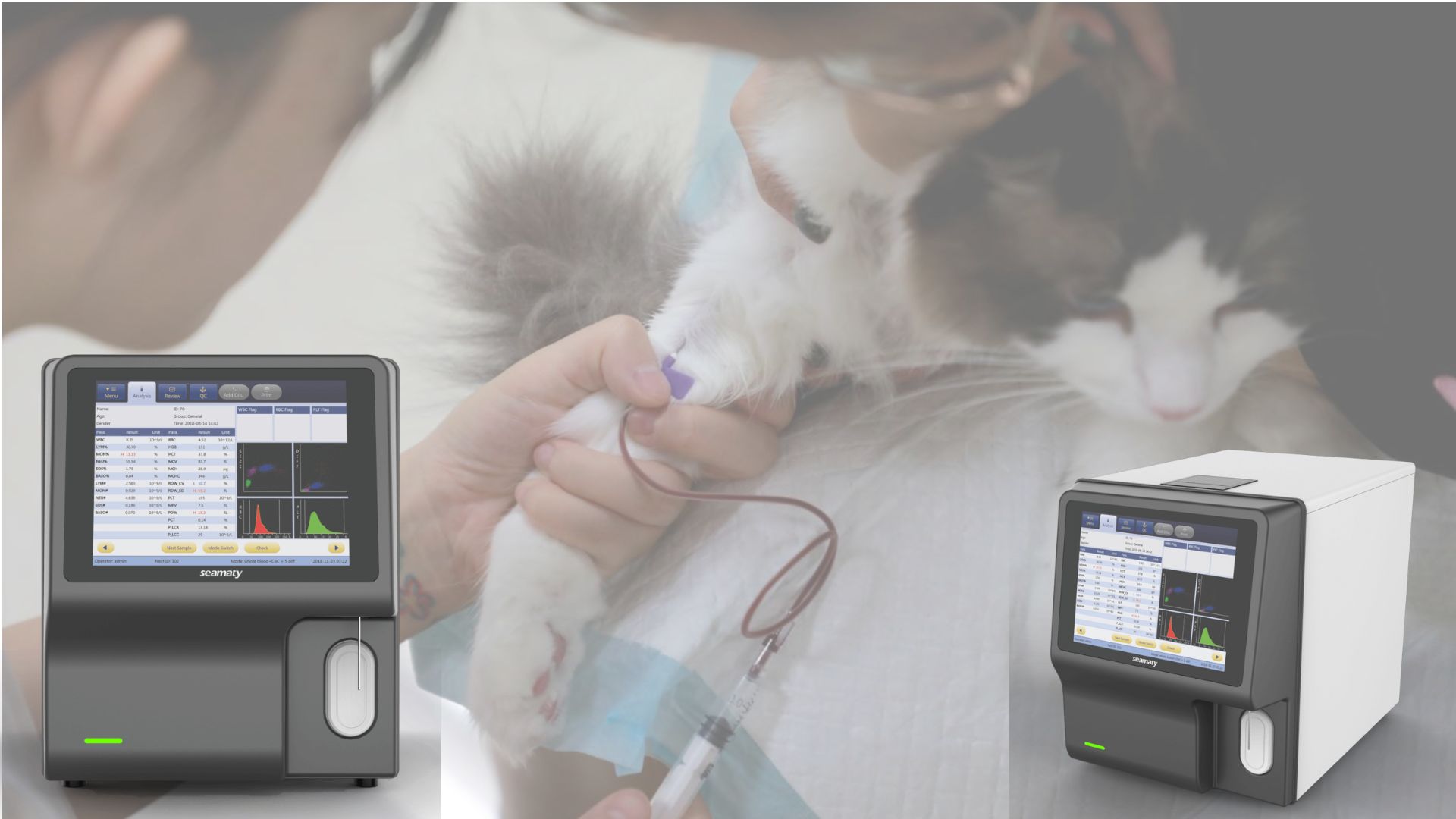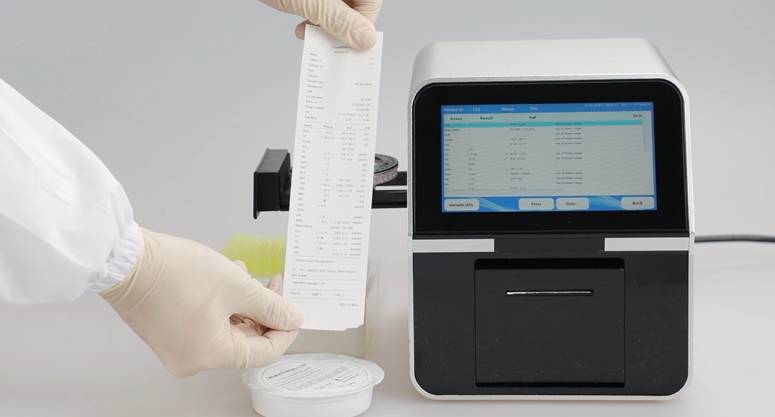1. The variants of COVID-19
COVID-19 is a respiratory disease first identified in 2019 in Wuhan, Hubei Province, China. The disease originates from a coronavirus with the scientific name SARS-CoV-2. COVID-19 is a highly contagious respiratory disease that can spread rapidly from person to person. The ease of transmission of COVID-19 has affected the lives of people in countries around the globe to varying degrees.
Typically, viruses mutate to adapt to their environment, creating new variants in a manner known as "viral evolution". This is called "virus evolution" and as the virus spreads more widely, the likelihood of new variants of the virus increases. Some variants of the virus that mutate spread more easily and quickly and are more likely to become the dominant strains in global outbreaks, such as Delta, Lambda, and Omicron.
First identified in India in 2020, Delta spread globally a year later and became the dominant mutant strain in many parts of the world, with rapid and widespread transmission. Patients infected with the Delta strain carry approximately 1,000 times the viral load of those infected with the original strain, and have a shorter incubation period.
Lambda was first identified in Peru in August 2020, and as the number of Lambda infections increased, Lambda traces were found in nearly 30 countries as of mid-August 2021, which may also signal that the Lambda variant strain - scientific name C.37 - may be more infectious and spread more rapidly than Delta. There is little evidence to show exactly how the Lambda strain differs from other mutant strains, and scientists emphasize that follow-up studies are still in their early stages and more solid research data are needed to gain a full understanding of the role of this mutant strain.
Omicron was first identified in South Africa on November 23, 2021, and the Omicron variant is more transmissible than the original viruses that cause the COVID-19 and Delta variants. The CDC expects that anyone infected with Omicron can transmit the virus to others, even if the infected person is vaccinated or asymptomatic.
2. Prevent COVID-19 Infection
-
(1) Get Vaccinated
-
(2) Wear a Mask
-
(3) Avoid holiday gatherings
-
(4) Wash your hands often with soap and water.
-
(5) Test to prevent spread to others.
With the normalization of viruses, more and more COVID-19 detection products are appearing on the market. In order to monitor the health of yourself and your family at all times, I would like to recommend a new COVID-19 detection product - Pluslife Mini Dock.
3. POCT covid-19 rapid test machine- Pluslife Mini Dock.
Pluslife Mini Dock is a new POCT test COVID-19 instrument sold by Seamaty. It is clinically proven to have PCR quality molecular accuracy. In the clinical studies that included individuals with and without COVID-19 symptoms, Pluslife achieved 97% sensitivity and 100% specificity. You can get real-time and diagnostic-grade results at home easily.
It also has so many advantages:

ACCURATE
Based on RHAM (self-developed isothermal amplification technique), it provides a level of accuracy comparable to gold standard qPCR (Quantitative real-time PCR) tests.
FAST
Detect Positive results in as soon as 10 minutes and confirm negative results in 35 minutes.
EASY
Require no special operating skills and anyone could run the test at home in 5 simple steps.
POWERFUL
Compact and reusable, it is designed to perform tests not only for COVID-19, but infectious diseases, STDs and more.
Coronaviruses are still continuing to mutate, and to better protect ourselves and others, we need to monitor our health at all times. With COVID-19 Home Test, people can know if they are infected with COVID-19 in time and then take relevant measures to protect their family's health.


